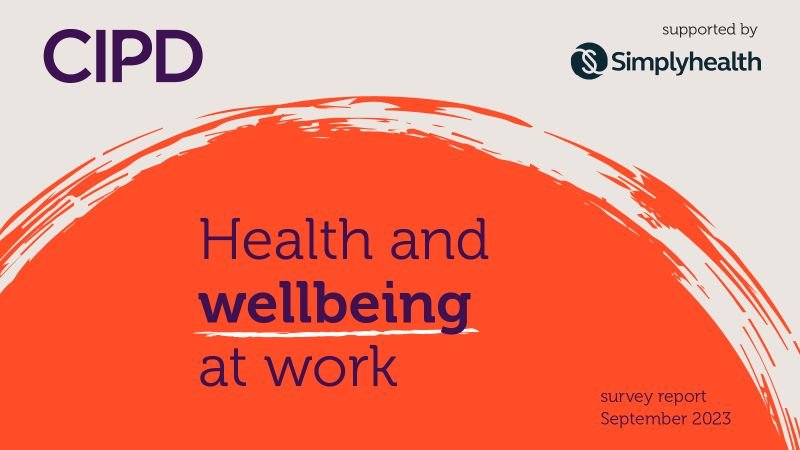The Great Detachment: Why Employees Feel Stuck
In today’s challenging business environment, many employees globally are feeling increasingly detached from their jobs and less satisfied with their employers. Unlike the “Great Resignation,” where workers actively pursued new opportunities, today’s workforce often feels stuck due to a cooling job market and economic uncertainty.
What People Want From Their Boss
Leadership shapes every aspect of modern life, from workplaces to politics. Modern leaders encounter intricate and significant challenges, including climate change, conflict, and the rise of artificial intelligence. Their decisions have a direct impact on the lives of those they lead. In this ever-evolving landscape, it is essential for leaders to recognise what drives people to follow them.
Fostering Psychological Safety in SMEs: A Beginner's Guide
Psychological safety refers to the shared belief within a team that it's safe to take interpersonal risks, such as speaking up, asking questions, or admitting mistakes, without fear of negative consequences to self-image, status, or career. In psychologically safe environments, individuals feel comfortable expressing themselves, sharing ideas, and engaging in open dialogue without the fear of ridicule, rejection, or retaliation.
The High Costs of Employee Disengagement and Why Action is Needed
Employee engagement is now one of the most critical issues affecting organisations. While fostering a culture of engagement brings numerous benefits, the costs of disengagement are equally powerful but profoundly negative. Disengagement impacts an organisation’s bottom line, team morale, and overall productivity.
Top HR Priorities for 2025: Navigating Change in the Workplace
Based on the latest insights from Gartner's survey of over 1,400 HR leaders, several priorities have emerged that will shape how companies manage talent and transform their organisations.
The War for Talent: Why Urgent Action is Essential
Organisations need to act now to stay ahead in the increasingly competitive war for talent. Here are seven strategies to help businesses thrive in this environment:
Gallup’s State Of The Global Workplace 2024 Report
Gallup's State of the Global Workplace 2024 Report has been released. The key numbers to consider are:
10 Reasons Why Behavioural Assessments are Valuable to Organisational Success
Behavioural assessments in the workplace are valuable tools for fostering employee development and improving overall organisational effectiveness. Here are some key benefits ..
The Importance of Psychological Safety in the Workplace
Psychological safety refers to the shared belief within a team that it's safe to take interpersonal risks, such as speaking up, asking questions, or admitting mistakes, without fear of negative consequences to self-image, status, or career. In psychologically safe environments, individuals feel comfortable expressing themselves, sharing ideas, and engaging in open dialogue without the fear of ridicule, rejection, or retaliation.
The Importance of Emotional Intelligence in the Workplace
Emotional Intelligence (EI) is an individual’s ability to recognise their own and other people’s emotions, and their ability to use this information to guide how they think, respond and behave.
How to Improve Organisational Culture and Wellbeing Through Developing Empathy at Work
If leaders want to create organisations that are psychologically safe and attractive places to work and develop, they need to develop empathy in the workplace.
The Cost of Disengaged Employees
Research has shown that disengaged employees cost the UK £44 billion annually in lost productivity (Employee Benefits Summit 2010)
My Top 4 People Priorities for 2024
These 4 people priorities are essential for improving your organisations performance
CIPD Health and Wellbeing At Work Report 2023
The CIPD (Chartered Institute of Personnel and Development) released their 2023 Health and Wellbeing at Work Report. The report which represents the views of 918 organisations and 6.5 million employees found that
Manager Engagement levels
Gallup research on manager engagement levels shows managers are more likely than non-managers to be disengaged at work, burned out, looking for a new job and feeling like their organisation does not care about their wellbeing.
The Secrets of an Emotionally Intelligent Leader
Considering the current economic climate, the future of work and the skills shortages it is vital that leaders evolve and develop their approaches to drive both organisational and employee performance.
















